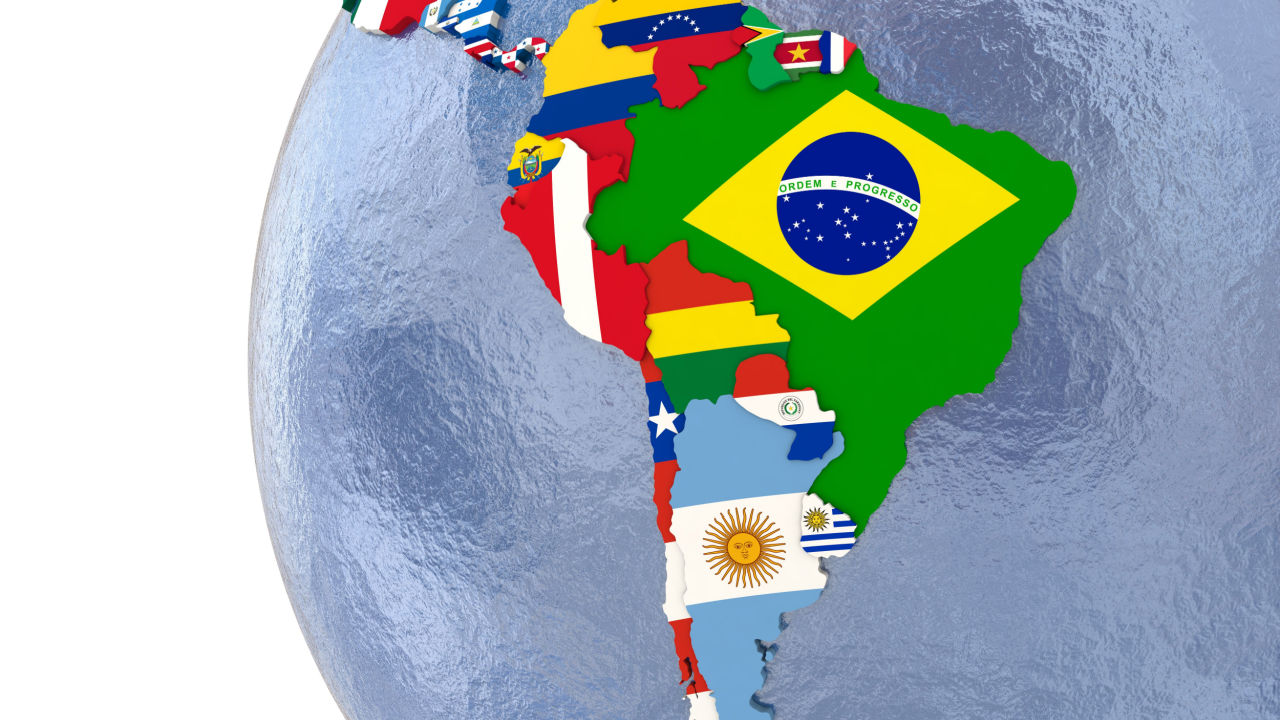
A group of Latam countries is preparing a regional agreement to address inflation, a problem common to most countries in the region. The initiative, led by Mexican President Andrés López Obrador, would allow for the exchange of higher-priced products between nations to mitigate the effects of rising prices.
The LATAM countries fight together against inflation
A group of Latam countries have banded together to organize a joint response to one of the biggest problems the region is now fighting: inflation. Argentina, Brazil, Colombia, Cuba and Mexico are preparing to sign an agreement to fight inflation, Argentine President Alberto Fernandez said in an interviewwith the Argentine media, Ambito.
President Fernandez said he proposed the initiative after Mexican President Andrés López Obrador called him about various initiatives to reduce the impact of rising prices. He said that Brazilian President Luiz Inacio da Silva, Colombian President Gustavo Petro, and Cuban President Miguel Diaz-Canel are already discussing ways to organize this mechanism.
The Argentine president has announced that a summit will be held on March 17 to fine-tune this new agreement and the role each country will play. Ministers from each country are already sorting out the structure of the agreement.
How Will It Work
The inner workings of this anti-inflation mechanism have not yet been fully worked out, but Fernandez offered a brief explanation. The agreement creates a kind of clearing system, focusing on items that show abnormal price increases and serving as a quick exchange of products between countries.
For example, if the price of clothing rises in Argentina, Argentina might try to import clothing from other countries in the group and exchange it for raw materials, soybeans, or other commodities. According to Fernandez, the overall value of such a mechanism is that participating countries do not have to settle these transactions in dollars.
Argentina has the highest level of inflation, with prices rising nearly 100% in 2022, a historic low due to the devaluation of the Argentine peso, a fiat currency. Cuba and Colombia were also rocked by high inflation, recording increases of 39% and 13.1%, respectively.
Image Credits: Shutterstock, Pixabay, Wiki Commons
.














